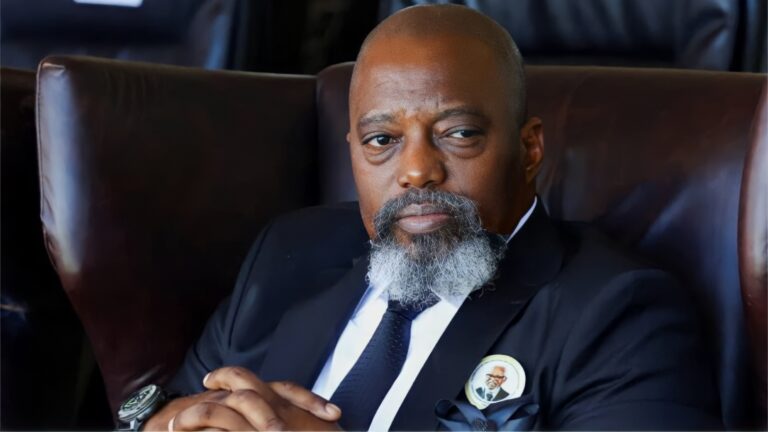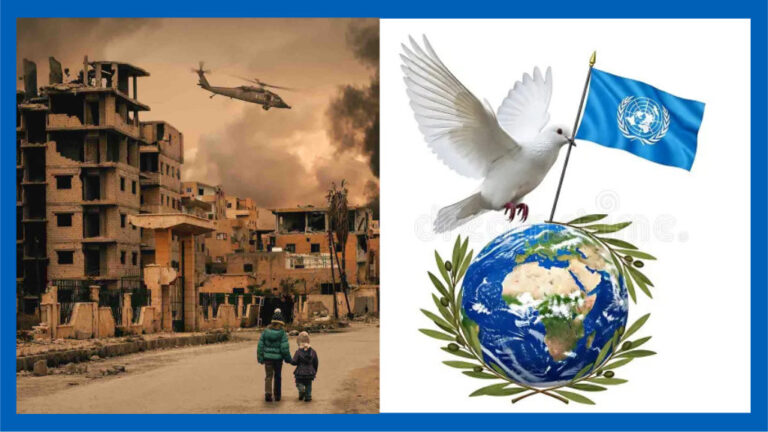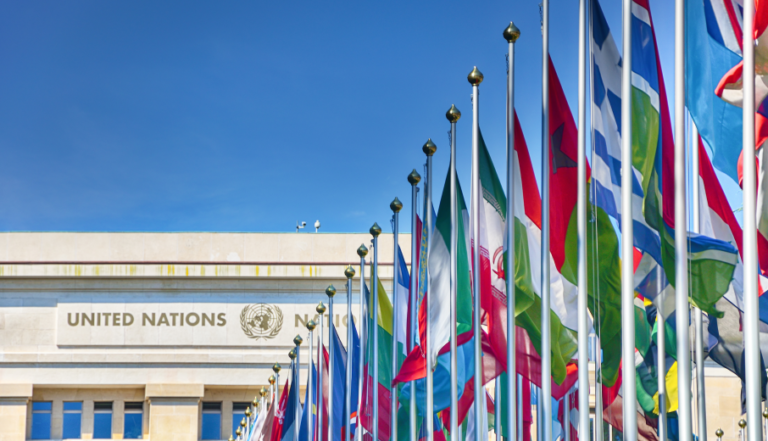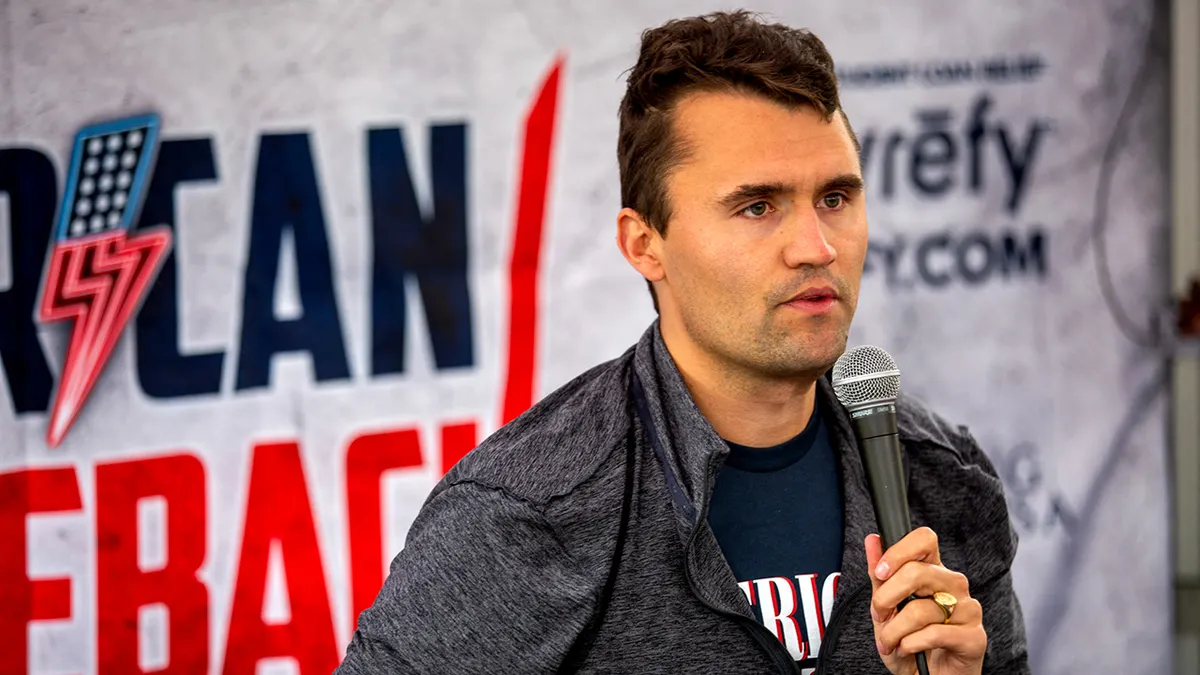
Charlie Kirk Assassination: U.S. Gripped by Campus Shooting Tragedy
The Charlie Kirk assassination at Utah Valley University has become one of the most politically charged and widely discussed tragedies of 2025. The shocking Charlie Kirk death occurred during a campus speaking event, instantly reshaping the national discourse on political violence, free speech, and security. This campus shooting at Utah Valley University is already redefining the contours of America’s election-year debates.
The Shooting and Immediate Aftermath
On September 11, 2025, conservative activist Charlie Kirk was fatally shot while addressing students at Utah Valley University. The Charlie Kirk assassination was carried out with a bolt-action rifle, disrupting what was meant to be a routine campus event. Students and attendees fled in chaos as security teams rushed Kirk to a nearby medical facility, where the Charlie Kirk death was confirmed shortly after.
Law enforcement launched an immediate manhunt. The campus shooting at Utah Valley University prompted lockdowns, with local and federal agencies collaborating in real time. The FBI released images of the suspect, urging public assistance and offering a substantial reward for credible leads.
Political Reactions Across the Spectrum
The Charlie Kirk assassination drew swift and intense responses from political leaders nationwide. President Donald Trump called the killing “a heinous act that strikes at the heart of free speech in America.” Former President Joe Biden also condemned the attack, emphasizing the danger of political violence regardless of ideology.
The Charlie Kirk death quickly became a flashpoint for both conservatives and progressives. On the right, leaders framed the incident as evidence of hostility against conservative voices on campuses. On the left, some commentators cautioned against using the tragedy for partisan gain but acknowledged the urgent need to address the climate of hostility in public discourse.
The campus shooting at Utah Valley University now dominates political rhetoric, with candidates weaving it into their campaign narratives. Democrats argue for stronger gun safety reforms, while Republicans push for tougher campus security and protections for conservative speech.
Killer Identified: Tyler Robinson
Law enforcement identified the suspect in the Charlie Kirk assassination as 22-year-old Tyler James Robinson, a Utah native. He was arrested and booked into Utah County Jail, facing charges of aggravated murder, discharge of a firearm, and obstruction of justice.
The Charlie Kirk death investigation revealed chilling details. Robinson allegedly confessed to a family member, who notified a family friend, ultimately leading to his arrest. Authorities seized a bolt-action hunting rifle believed to be the murder weapon. Several shell casings at the scene contained inscriptions with anti-fascist slogans and homophobic remarks, deepening the political dimensions of the campus shooting at Utah Valley University.
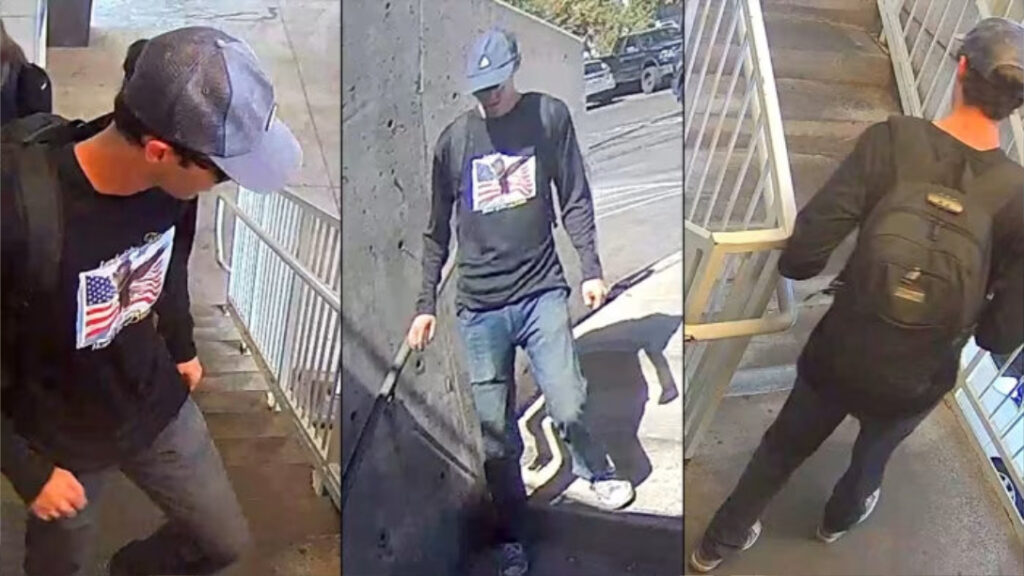
Motive and Evidence
The Charlie Kirk assassination appears rooted in a blend of ideological anger and personal motivations. FBI investigators uncovered Robinson’s online activities, including Discord messages referencing weapons and discontent with U.S. politics. Some evidence suggested resentment toward conservative figures like Kirk, while other messages hinted at instability and frustration with his personal life.
In addition to the rifle, authorities recovered both spent and unfired casings. The inscriptions on the bullets—bearing politically charged language—were interpreted as symbolic gestures meant to send a message. This evidence ties directly to the Charlie Kirk death, framing it as more than an act of random violence. Instead, it reflects the dangerous intersection of political polarization, rhetoric, and radicalization.
Background and Profile of the Suspect
Robinson, the suspect in the Charlie Kirk assassination, was described by neighbors as quiet and from a close-knit family in Washington County, Utah. He was enrolled as a third-year electrical apprentice at Dixie Technical College and had briefly attended Utah State University.
The Charlie Kirk death shocked those who knew Robinson casually, as they did not perceive him as politically radical. Yet the campus shooting at Utah Valley University revealed a darker side, with investigators piecing together digital footprints, writings, and weapon evidence that highlighted his ideological leanings and troubling mindset.
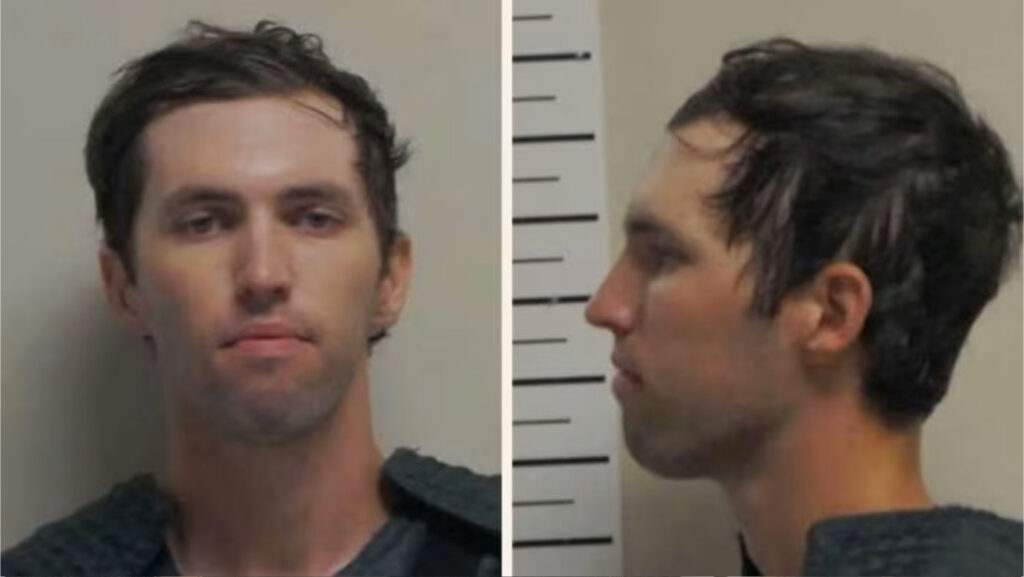
Reaction and Legal Proceedings
The Charlie Kirk assassination has drawn legal and political scrutiny. Utah Governor Spencer Cox publicly confirmed Robinson’s arrest and praised the family’s cooperation. Prosecutors are preparing a comprehensive case, expecting formal charges in the coming week.
The Charlie Kirk death has also spurred calls for policy reform. Some lawmakers demand new measures for campus safety, while others highlight the risks of inflamed rhetoric leading to violent outcomes. The campus shooting at Utah Valley University is already a reference point in debates over how universities balance free expression with public security.
National Significance
The Charlie Kirk assassination comes at a volatile time in American politics. The Charlie Kirk death is being used by partisans on both sides to emphasize the dangers posed by political opponents. Conservatives highlight hostility toward right-leaning voices, while progressives point to the urgent need to cool down inflammatory rhetoric.
The campus shooting at Utah Valley University has become a rallying point in the election cycle. It highlights fractures around gun control, free speech, and ideological conflict. The assassination underscores the fragile state of civil discourse, where disagreements increasingly escalate into threats or violence.
Implications for Free Speech and Campus Safety
The Charlie Kirk assassination forces universities nationwide to re-examine event protocols. The Charlie Kirk death shows that high-profile political speakers face unprecedented risks, even within educational environments. Free speech advocates argue that institutions must continue to host diverse voices, while security experts warn that more robust measures are now essential.
The campus shooting at Utah Valley University has already sparked reviews of entry screenings, law enforcement presence, and emergency planning for political events. While many fear such precautions could chill free expression, others insist that safety is now a non-negotiable priority.
What to Watch Moving Forward
Several questions remain after the Charlie Kirk assassination:
- Will Robinson’s trial expose deeper political or extremist motivations?
- Can the Charlie Kirk death lead to bipartisan action on gun safety or political rhetoric, or will it deepen division?
- How will universities nationwide adapt to prevent a repeat of the campus shooting at Utah Valley University?
- What impact will the assassination have on campaign messaging as the election approaches?
The Charlie Kirk assassination has already reshaped the national landscape. The Charlie Kirk death is not just a tragedy for one family or one political movement—it is a watershed moment in how America reckons with violence, free speech, and democracy. The campus shooting at Utah Valley University will remain central to these debates long after the immediate headlines fade.
